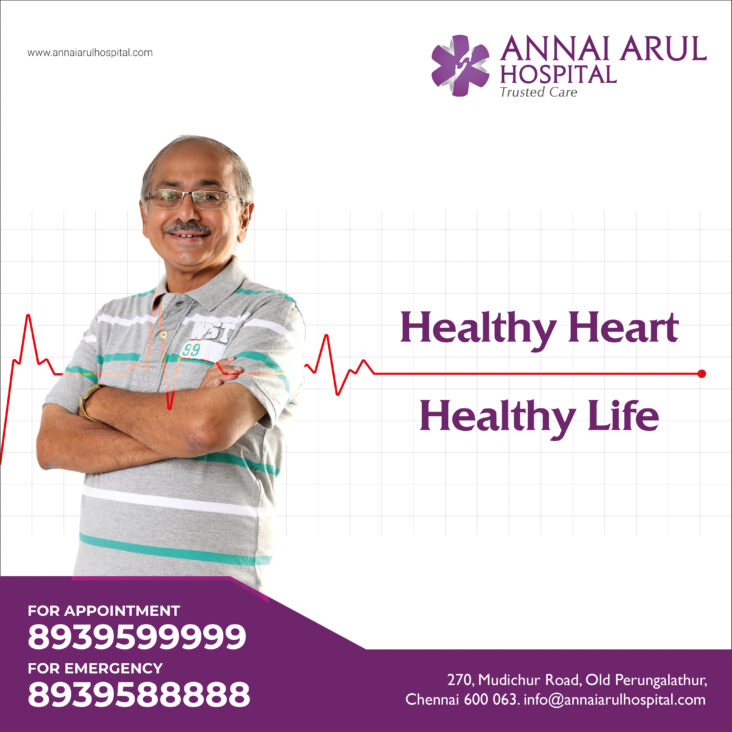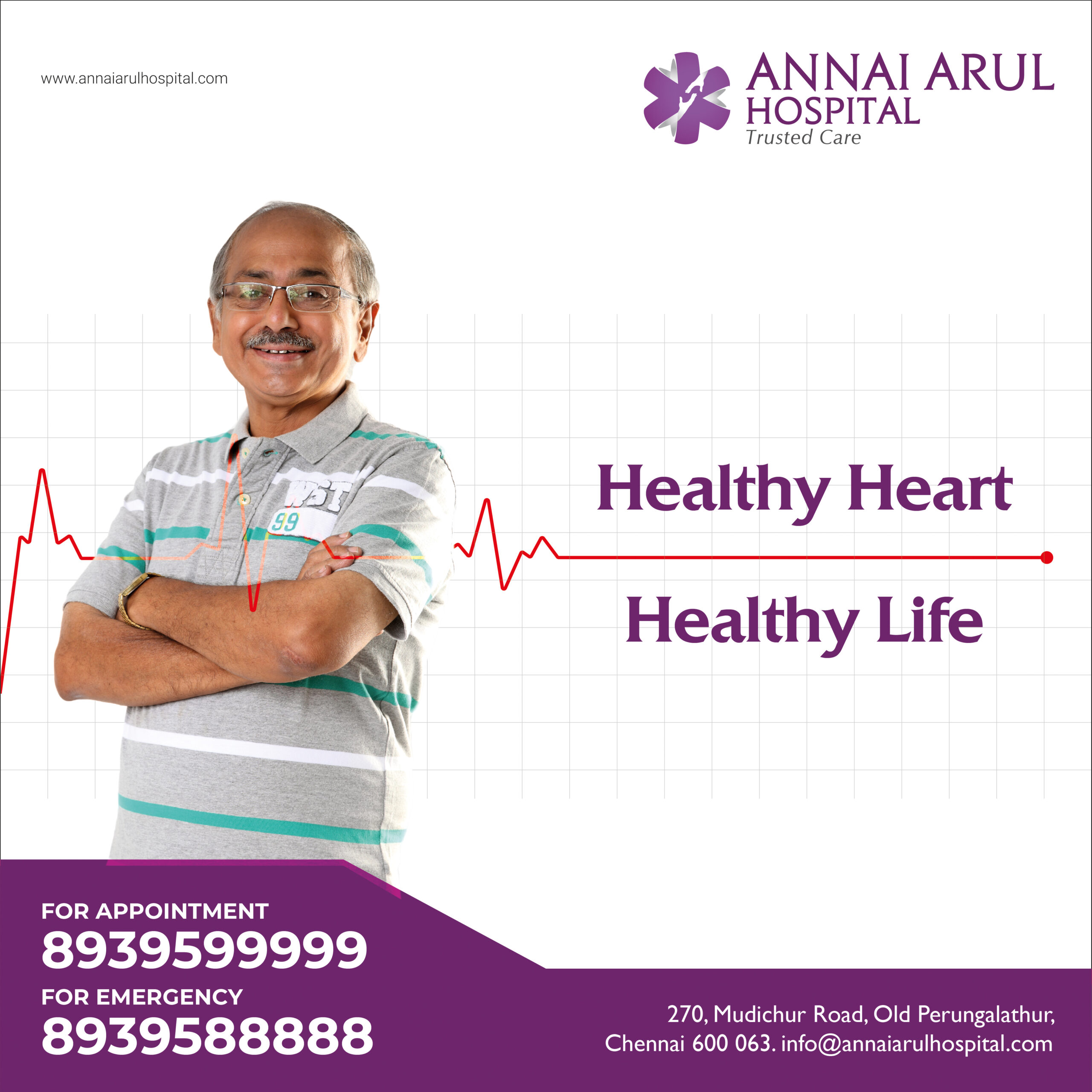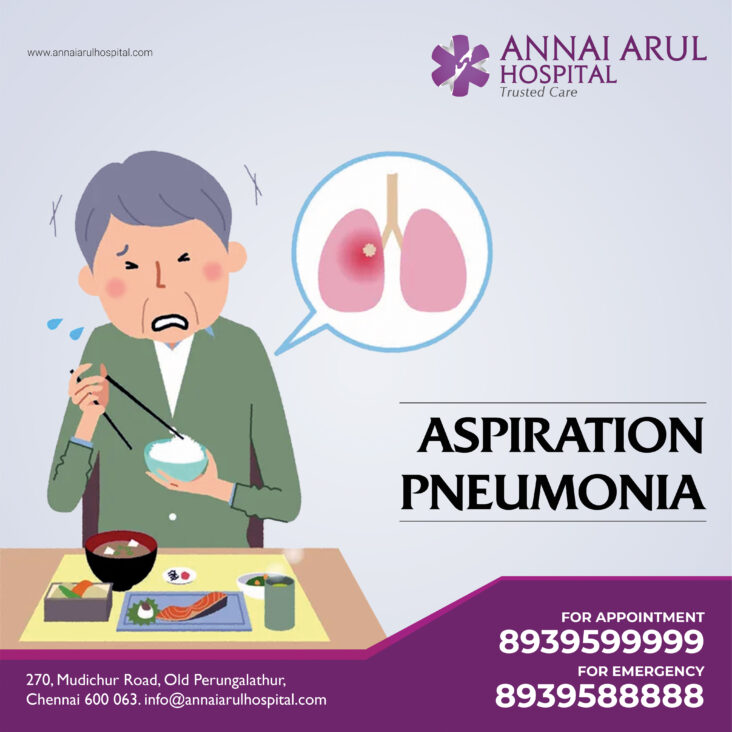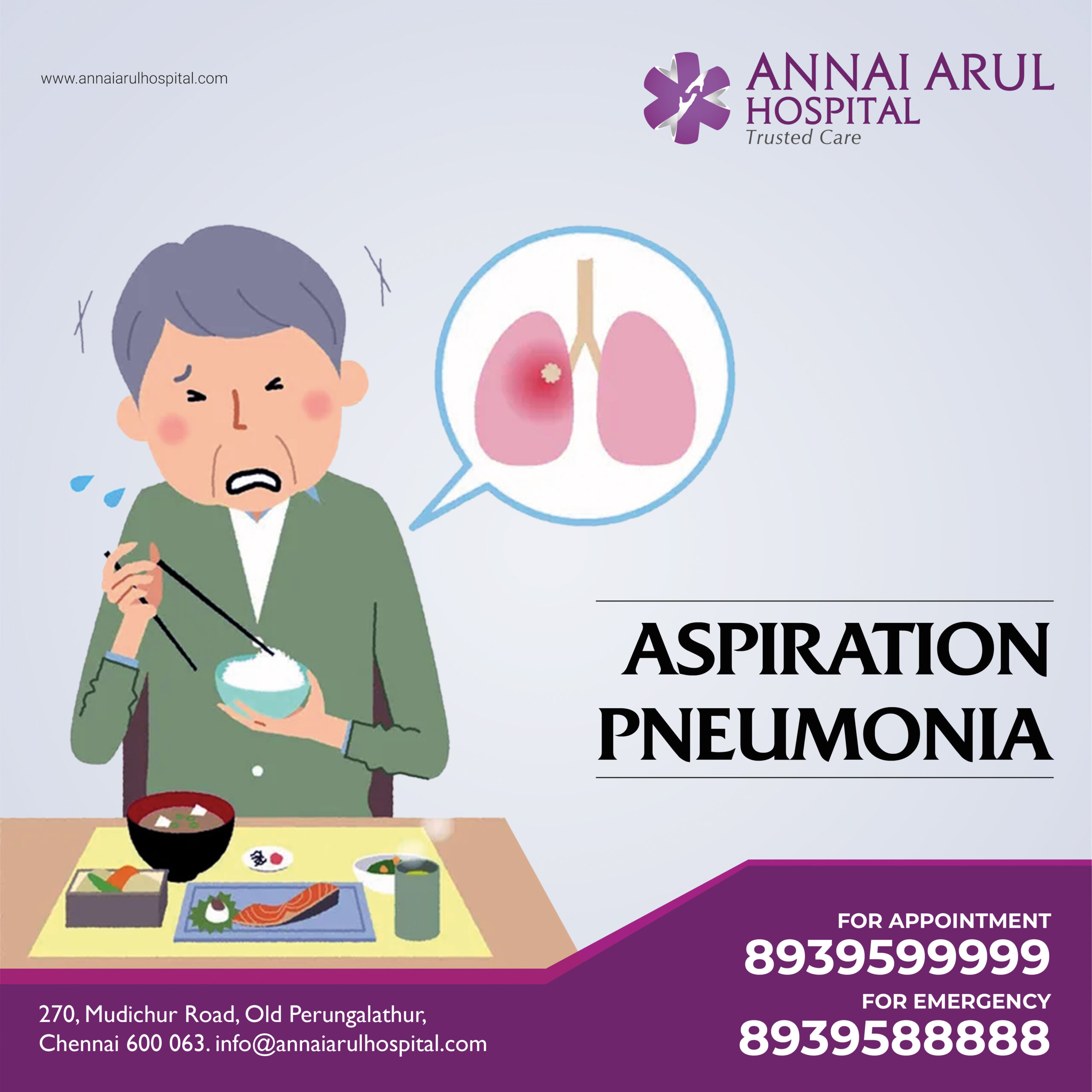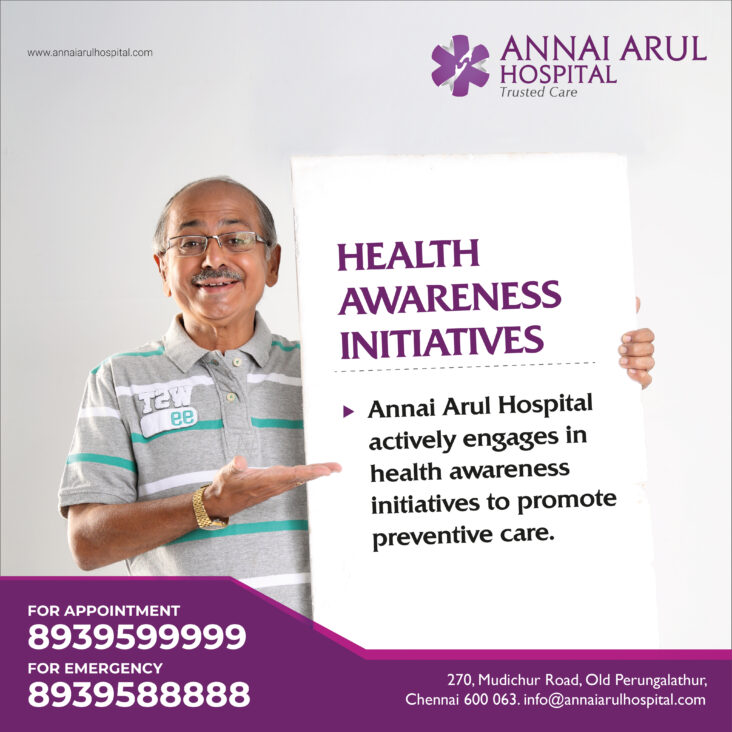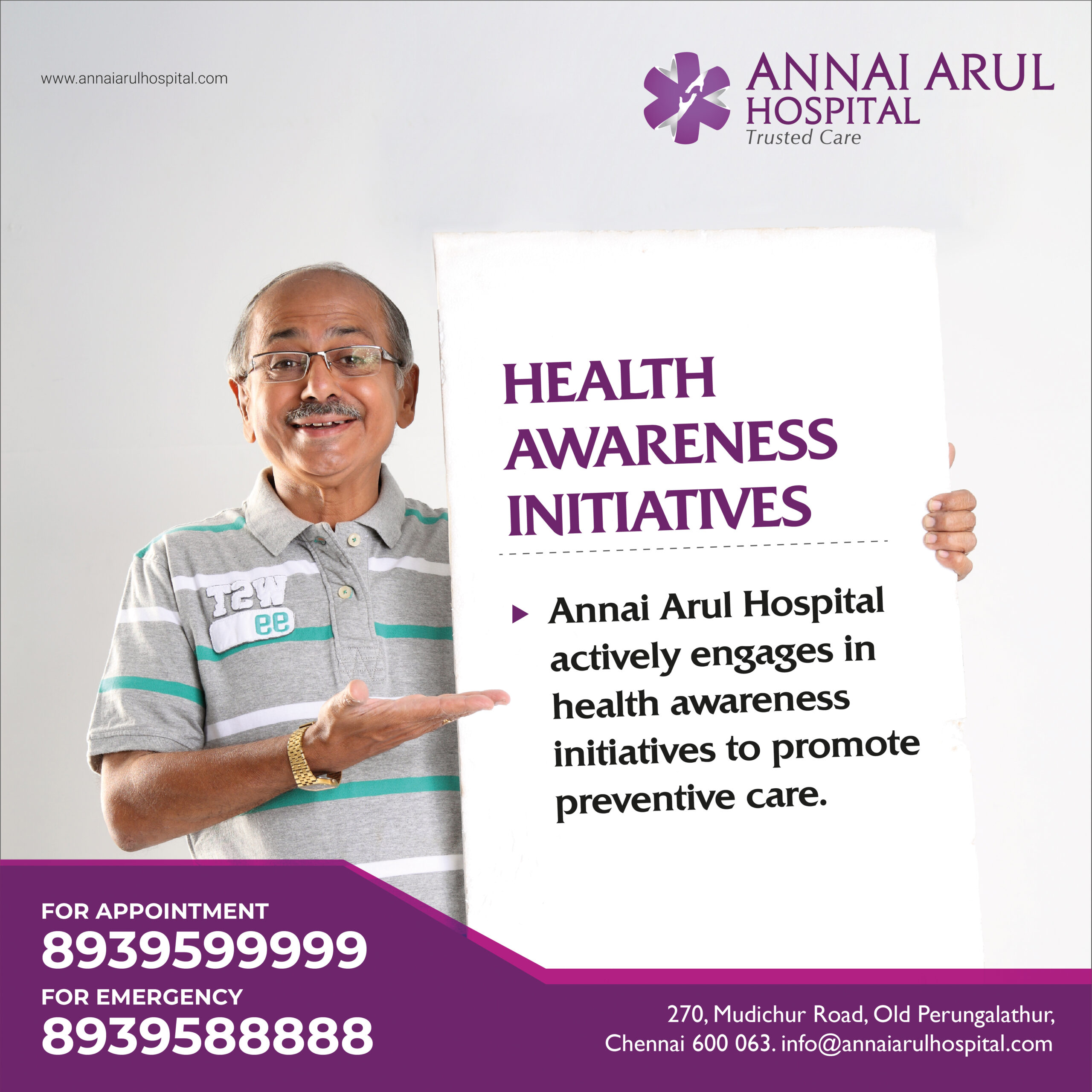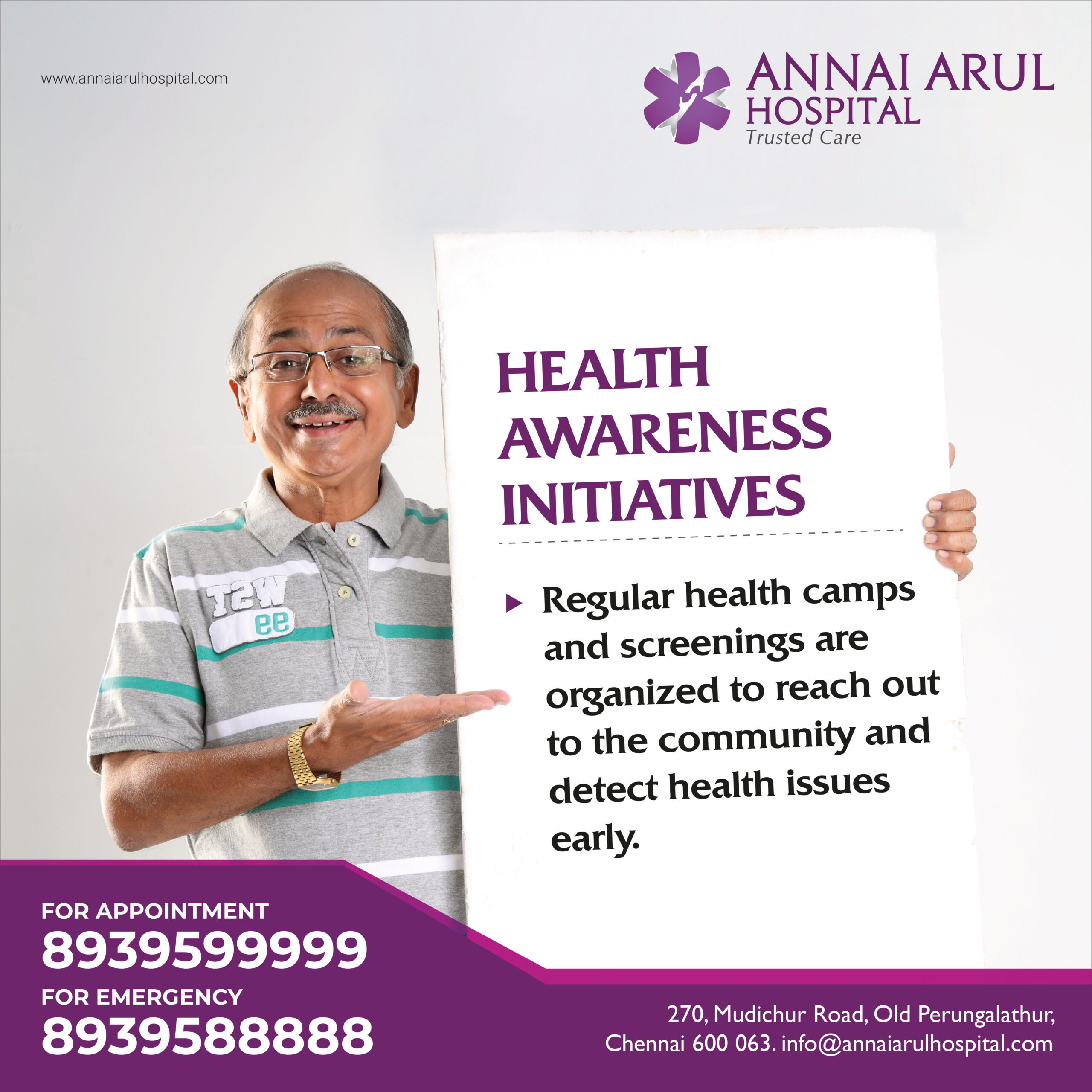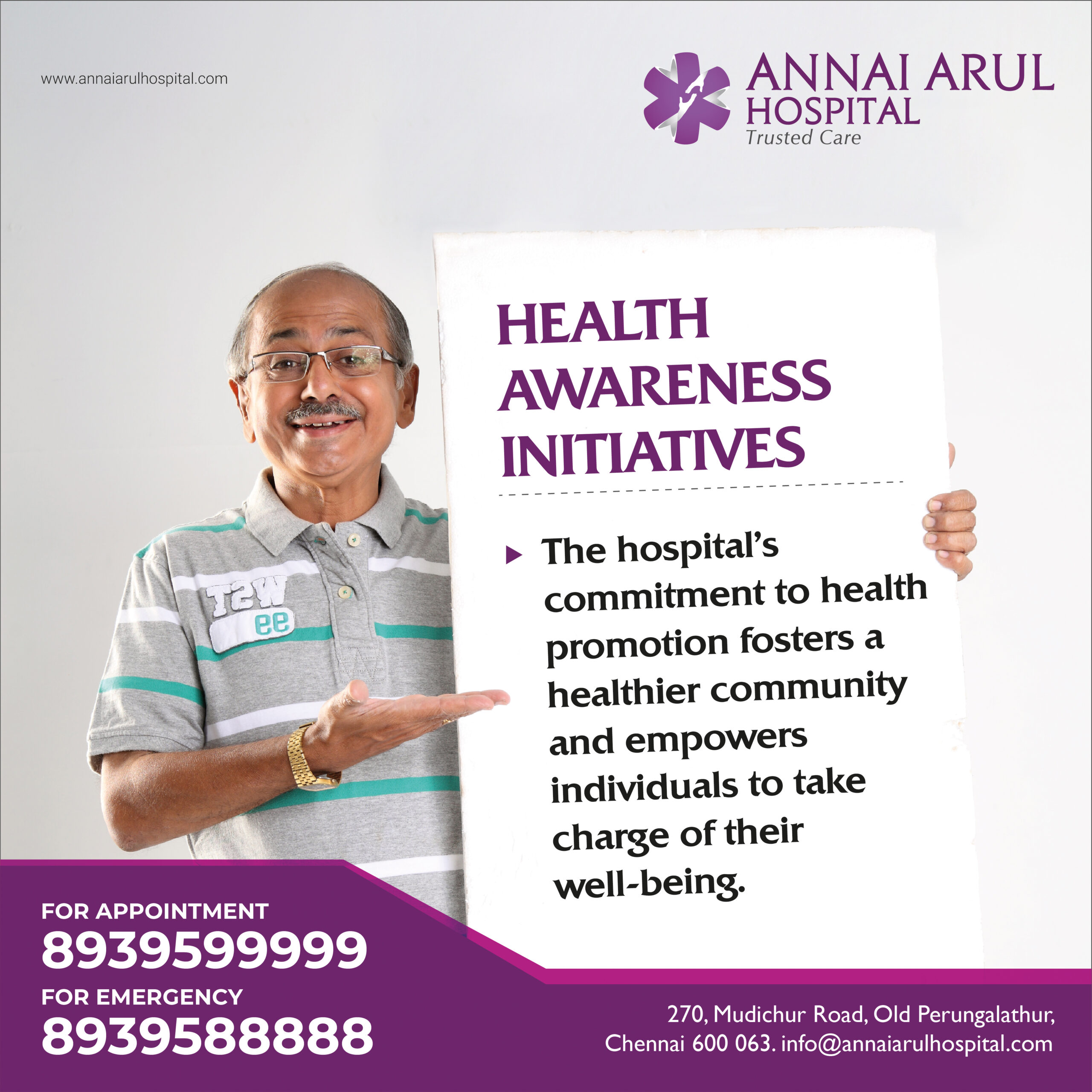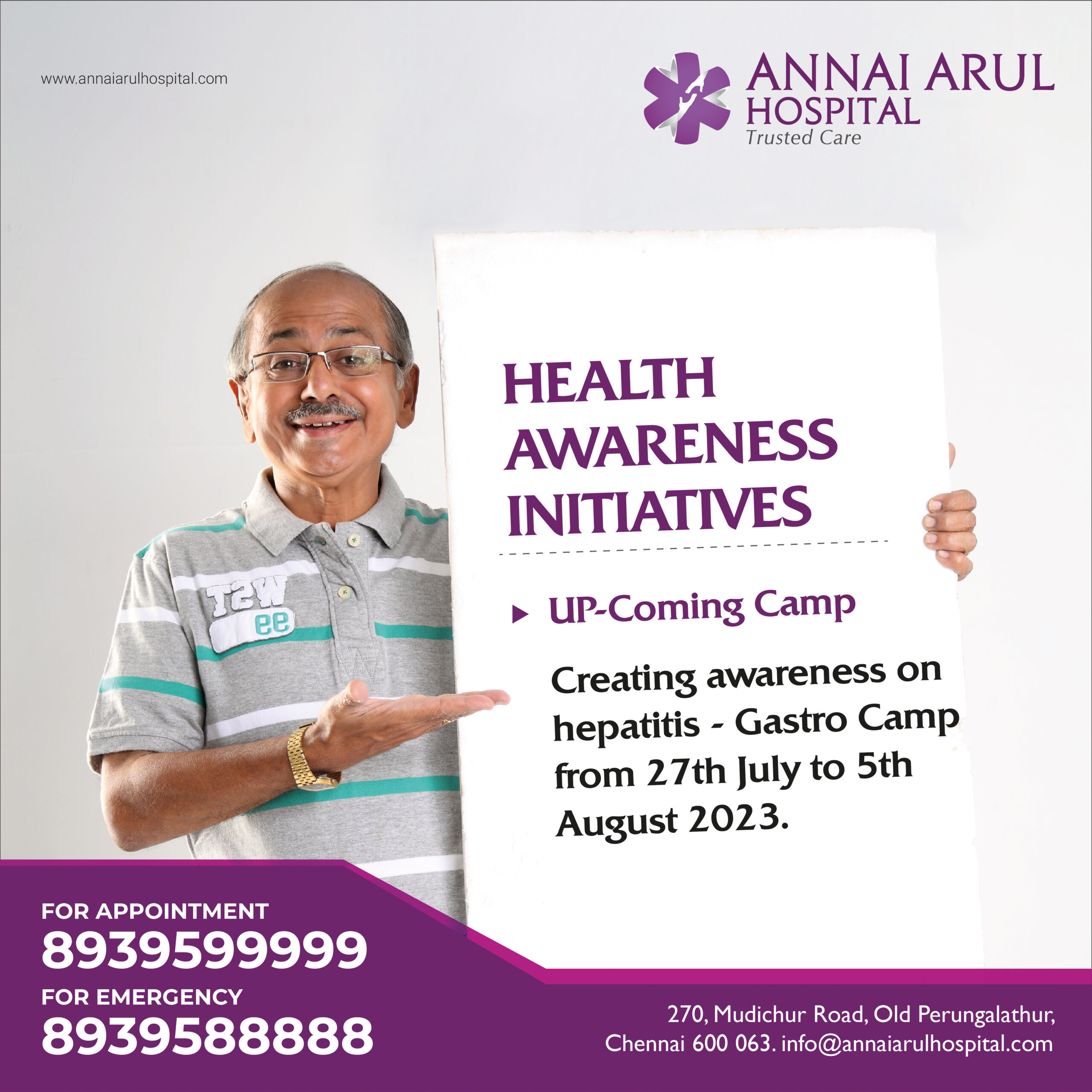
Our skin, the body’s largest organ, serves as a protective barrier against harmful elements. It regulates body temperature, prevents water loss, and even synthesizes Vitamin D. However, it’s also exposed to various damaging factors, including the sun’s harmful ultraviolet (UV) rays.
Here’s why skin health and sun protection are crucial, along with some common skin conditions to be aware of:
Skin Health and Sun Protection :
Importance of Skin Health: Healthy skin is vital for our overall wellbeing. It plays a crucial role in protecting us from pathogens and excessive water loss. It’s also involved in the production of vitamin D, which is essential for bone health.
Sun Protection: Overexposure to the sun’s UV rays can lead to skin damage, premature aging, and an increased risk of skin cancer.
Here are some tips for sun protection:
Use Sunscreen: Apply a broad-spectrum sunscreen with an SPF of at least 30, even on cloudy days. Reapply every two hours after swimming or sweating.
Seek Shade: Avoid the sun during peak hours (10 a.m. to 4 p.m.), when UV rays are strongest.
Wear Protective clothing. Long-sleeved shirts, long pants, wide brimmed hats, and sunglasses can provide additional protection.
Common Skin Condition:
1.Acne: This is a common condition that causes spots and pimples, especially on the face, shoulders, back, neck, chest, and upper arms. It’s most common among teenagers, but it can affect people of all ages.
2.Eczema: Also known as atopic dermatitis, eczema is a condition that makes your skin red and itchy. It’s common in children but can occur at any age.
3.Psoriasis: This is a chronic disease that causes red, itchy, and scaly patches, usually on the knees, elbows, trunk, and scalp. It’s associated with other serious health conditions, such as diabetes, heart disease, and depression.
4.Skin Cancer: This includes melanoma, basal cell carcinoma, and squamous cell carcinoma. Regular self-examinations and dermatologist check-ups can help detect these conditions early.
Remember, your skin is unique to you. What works for one person might not work for another. Always consult with a dermatologist or healthcare professional for advice tailored to your specific needs.
Together, let’s prioritize skin health and protect our skin from the sun’s harmful rays.
Nature’s Touch: Home and Natural Remedies for Common Skin Issues
Our skin is a reflection of our overall health and well-being. While there are numerous skincare products available on the market, sometimes the best remedies can be found right at home or in nature. Here are some home and natural remedies for common skin issues:
1.Dry Skin
Dry skin can be a result of various factors, including weather, aging, or underlying skin conditions. Here are some remedies:
Olive Oil and Sugar Scrub: Mix equal parts of olive oil and sugar to create a natural scrub. This can help exfoliate your skin and lock in moisture.
Honey: Known for its moisturizing and antibacterial properties, honey can be applied directly to the skin as a natural moisturizer.
2.Acne
Acne is a common skin condition that causes pimples, blackheads, and whiteheads. Here are some natural remedies:
Tea Tree Oil: Dilute a few drops of tea tree oil with 20 to 40 drops of witch hazel and apply to the skin once or twice a day with a cotton swab. Tea tree oil has antibacterial properties that can help fight acne.
Apple Cider Vinegar: Mix one part apple cider vinegar with three parts water. Apply it to your skin with a cotton ball. Rinse thoroughly afterward.
3.Oily Skin
Oily skin can lead to clogged pores and acne. Here are some home remedies:
Aloe Vera: Aloe vera has properties that can soothe the skin and help reduce oiliness. Apply a thin layer to your face before bedtime and leave it on until the morning.
Tomatoes: Tomatoes contain salicylic acid, a common acne home remedy. The acids in tomatoes may help absorb excess skin oils and unclog pores.
4. Dark Circles and Puffy Eyes
Lack of sleep, aging, and genetics can contribute to dark circles and puffy eyes. Here are some remedies:
Cucumber: Cucumbers have a cooling effect that can help reduce puffiness. Place cool cucumber slices on your eyes for about 10 minutes.
Tea Bags: Tea contains caffeine and antioxidants that can help stimulate blood circulation, shrink your blood vessels, and reduce liquid retention beneath your skin. Soak two tea bags in warm water, and then chill the bags for a few minutes in the refrigerator. Place one tea bag on each eye for five minutes.
Remember, everyone’s skin is different, and results may vary. Always do a patch test on a small area of your skin to ensure you don’t have an adverse reaction to any of these remedies. For persistent skin issues, it’s always best to consult with a dermatologist or healthcare professional.
Embrace the power of nature and give your skin the care it deserves!





